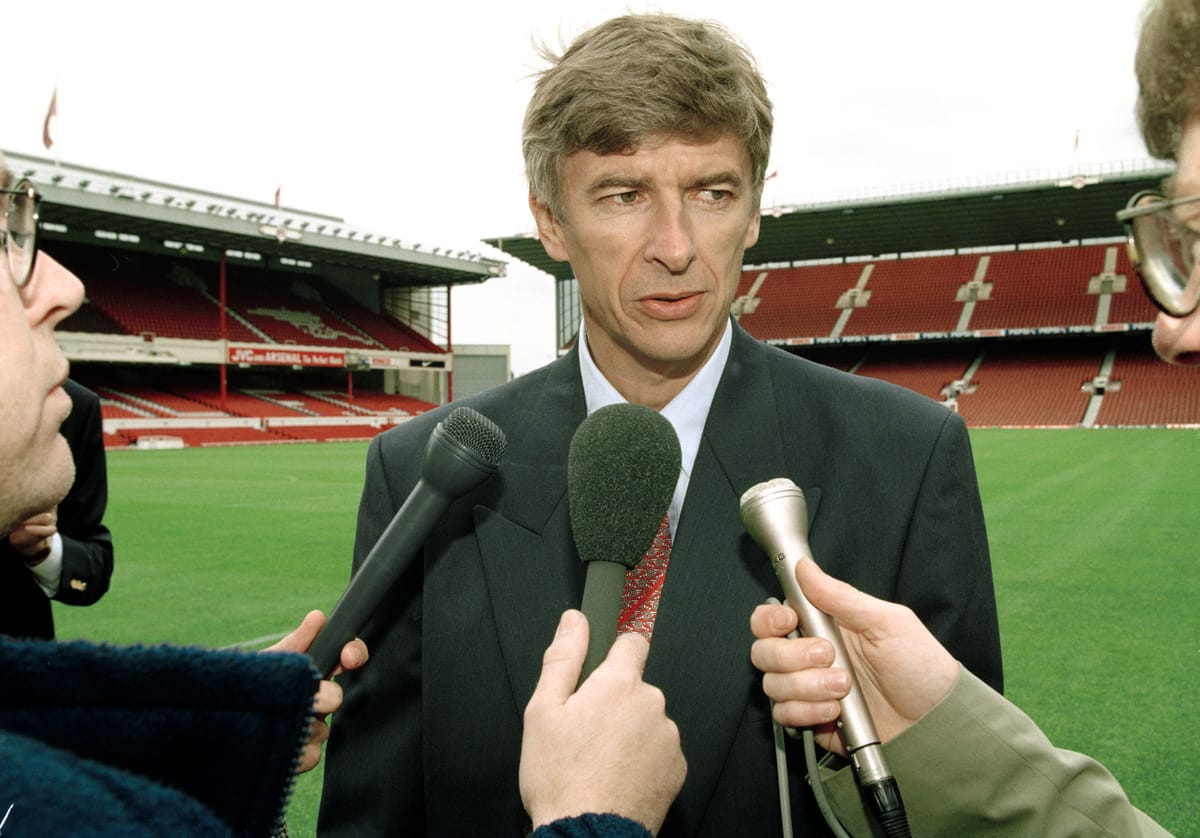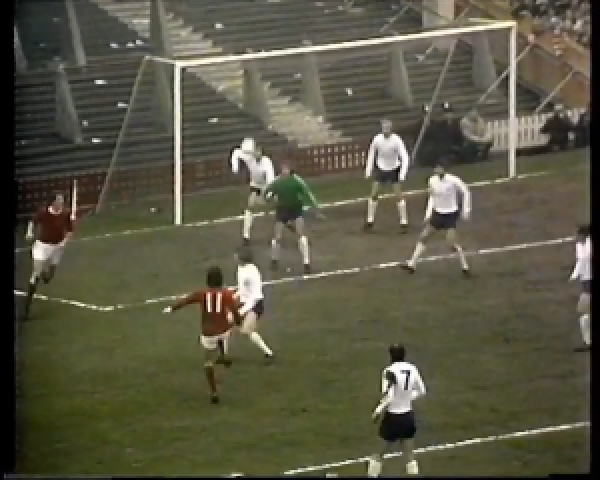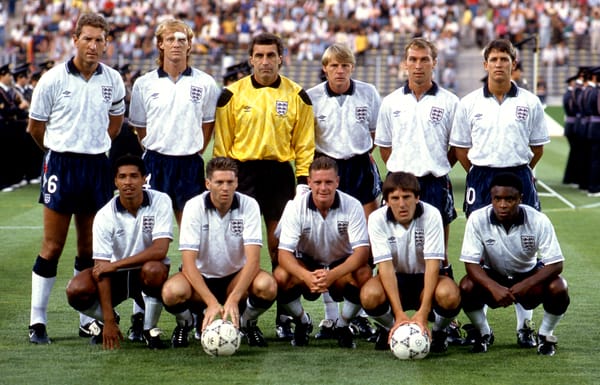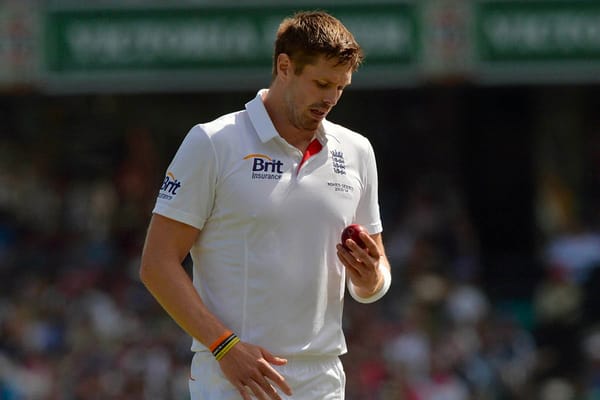9. Arsene Who?
In the summer of 1996, Alex Ferguson was in desperate need of a worthy adversary. Nobody realised the answer would come from Japan.

In the summer of 1996, Alex Ferguson was in desperate need of a worthy adversary. Nobody realised the answer would come from Japan.


A goal so good it turned Barry Davies into Bernard Matthews

The night English football’s heart was broken into a thousand tiny pieces

Since 1975, England have picked 13 Test debutants for the last match of an Ashes series. Name them or GTFO.

Before his injuries, the original Ronaldo was the most exciting young player we've ever seen